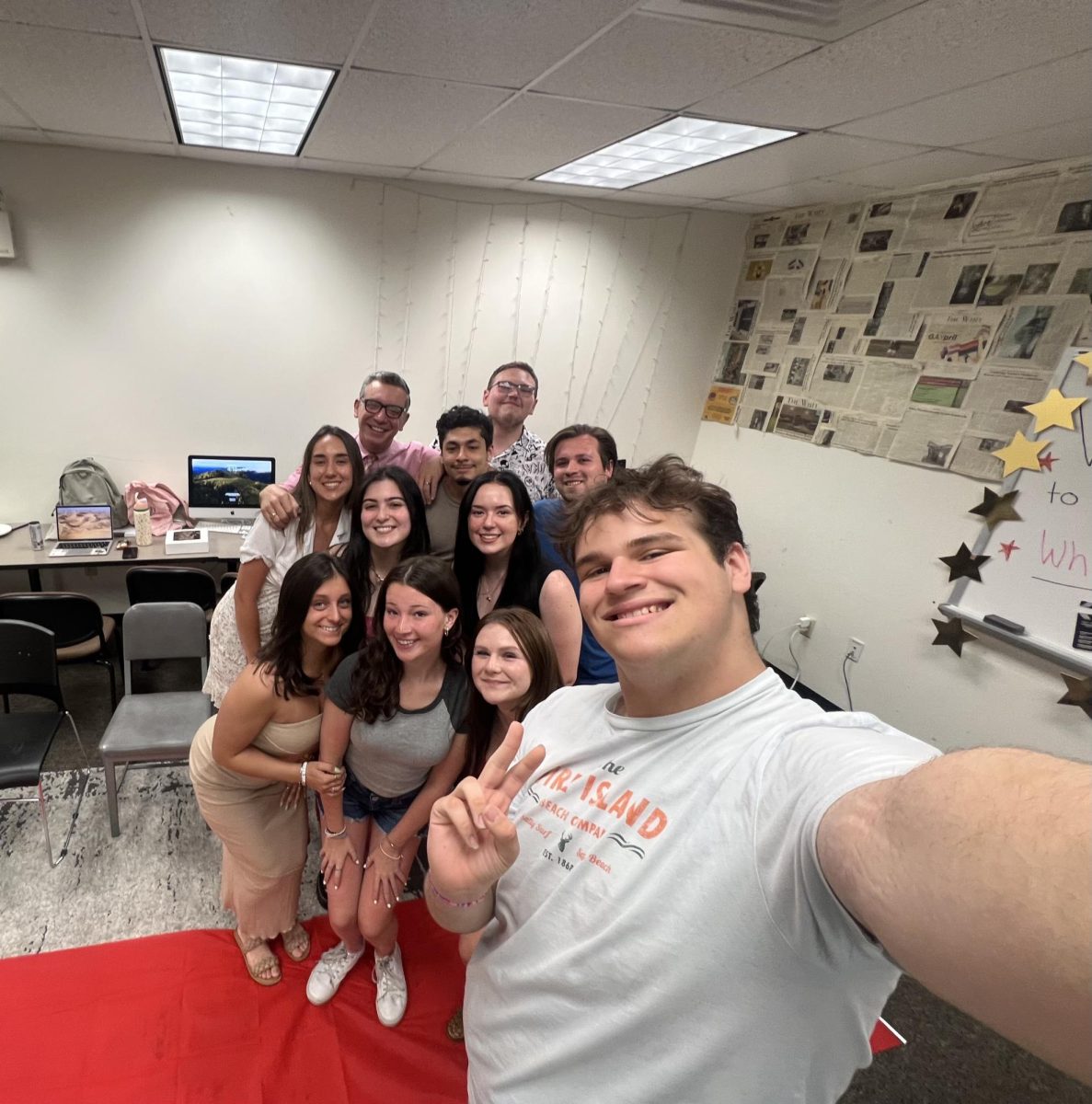Rowan University is dedicated to fostering an inclusive and supportive environment for all students, including those requiring assistance from service animals. Recognizing the crucial role service dogs play in the lives of individuals with disabilities, it’s imperative that the community not only supports their presence on campus but also advocates for a better understanding of their rights and needs. One impactful way to achieve this is by reintroducing a puppy-raising program at Rowan University focused on training future service dogs.
Rowan University last participated in puppy raising for service dogs in 2018. They collaborated with the New Jersey-based nonprofit organization Canine Companions for Independence to raise and train service dogs as part of their “puppy program. In December 2019, three students received 8-week-old labs and were raised for about a year and a half to teach them basic commands and social skills.
This initiative serves a dual purpose: supporting individuals who need service animals and promoting awareness of service dog handlers’ rights and the importance of minimizing distractions and interactions.
Service animals provide invaluable assistance to individuals with disabilities, aiding them in tasks that enhance their independence and quality of life. By reintroducing puppy raising at Rowan University, we can support organizations that train service dogs for various disabilities, including visual impairments, mobility challenges, and psychiatric conditions. Students participating in the program will have the opportunity to contribute to the early socialization and training of these future service dogs, thereby directly impacting the lives of individuals who rely on their assistance.
Beyond the direct benefits to individuals with disabilities, implementing a puppy-raising program underscores Rowan’s commitment to promoting awareness of service dog handlers’ rights. It provides an opportunity to educate the campus community about the rights of individuals with service animals under the Americans with Disabilities Act (ADA). Specifically, it emphasizes the importance of respecting the working status of service dogs and the need to avoid distractions and interactions that may compromise their effectiveness. Through workshops, seminars, and informational campaigns, Rowan University can cultivate a culture of understanding and support for service dog handlers, ensuring they can navigate campus life with dignity and access essential services.
Implementing a puppy-raising program focused on training service dogs requires careful consideration of logistics, hygiene, and compliance with ADA regulations. Rowan University must establish clear guidelines and protocols for the program, including standards for puppy socialization, training methods, and handler education. Additionally, collaboration with reputable service dog training organizations and consultation with disability services offices can help ensure that the program meets the highest ethical treatment and effectiveness standards. By prioritizing the welfare of both the puppies and the individuals they will serve, Rowan University can demonstrate its commitment to inclusivity and accessibility.
As advocates for inclusivity and disability rights, students with disabilities urge the Rowan University administration to prioritize the implementation of a puppy-raising program focused on training service dogs. By embracing this initiative, we can support individuals with disabilities, raise awareness of service dog handlers’ rights, and foster a more inclusive and respectful campus environment. Let’s work together to ensure that every member of the Rowan University community, including those with service animals, can fully participate in campus life with dignity and support.
In conclusion, reintroducing puppy raising at Rowan University with a focus on training service dogs not only supports individuals who rely on these animals for assistance but also advances awareness of service dog handlers’ rights and the importance of minimizing distractions and interactions. It’s time to take proactive steps toward creating a more inclusive and accessible campus environment
For comments/questions about this story DM us on Instagram @thewhitatrowan or email [email protected]

























































































































































!["Working with [Dr. Lynch] is always a learning experience for me. She is a treasure,” said Thomas. - Staff Writer / Kacie Scibilia](https://thewhitonline.com/wp-content/uploads/2025/04/choir-1-1200x694.jpg)










































